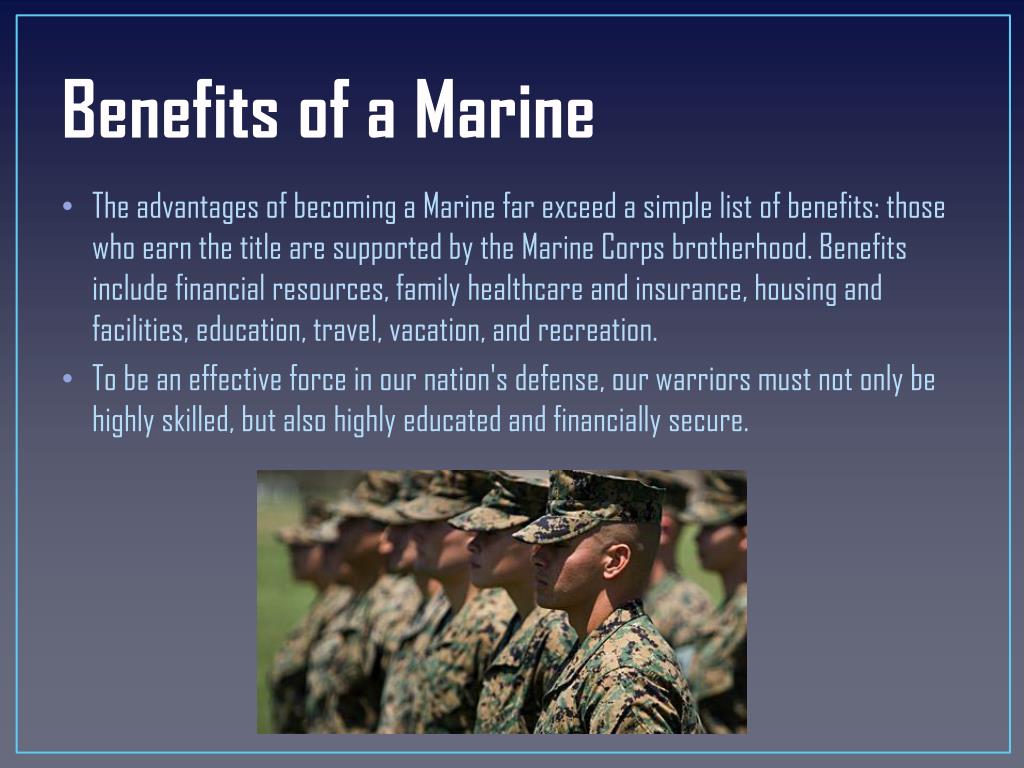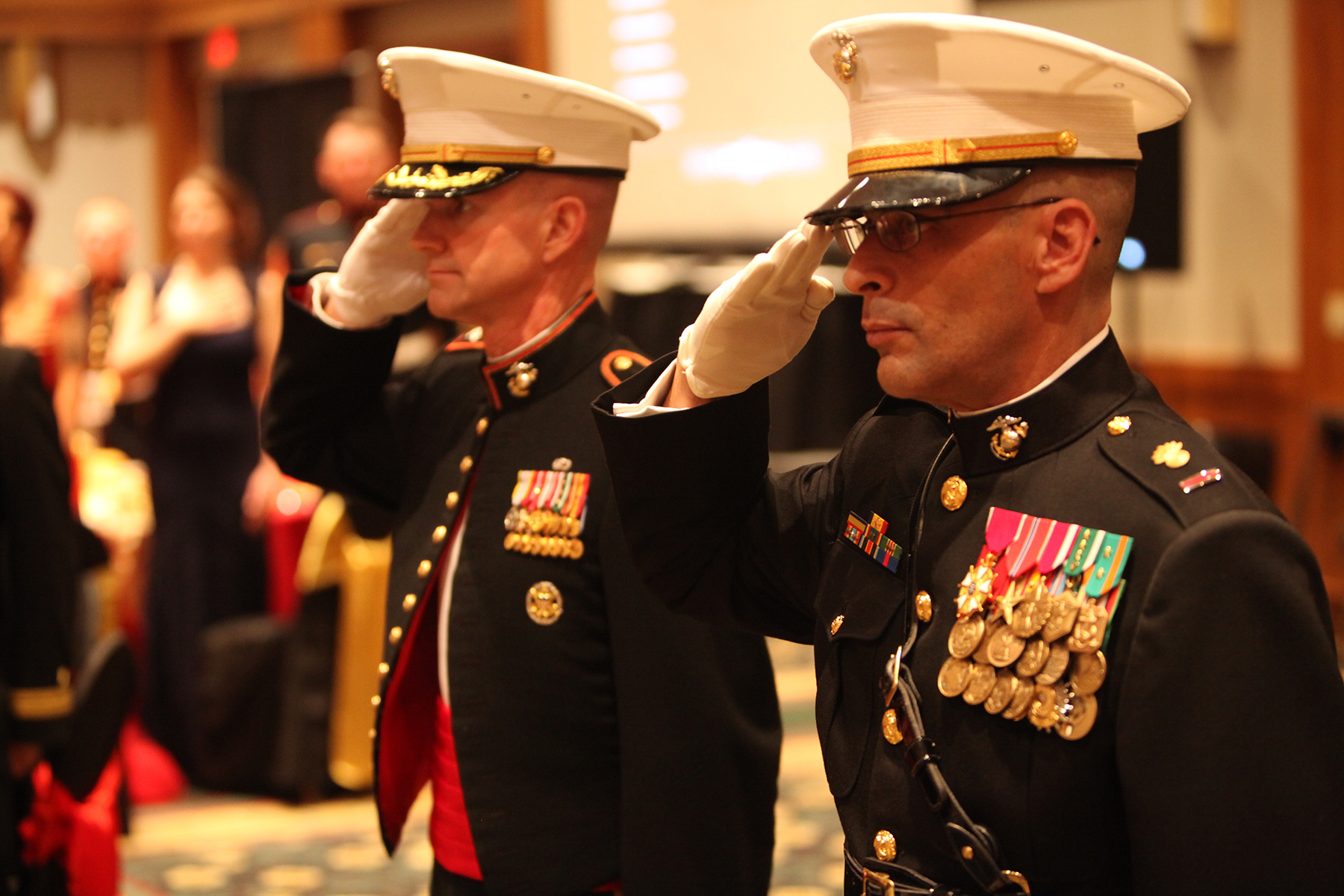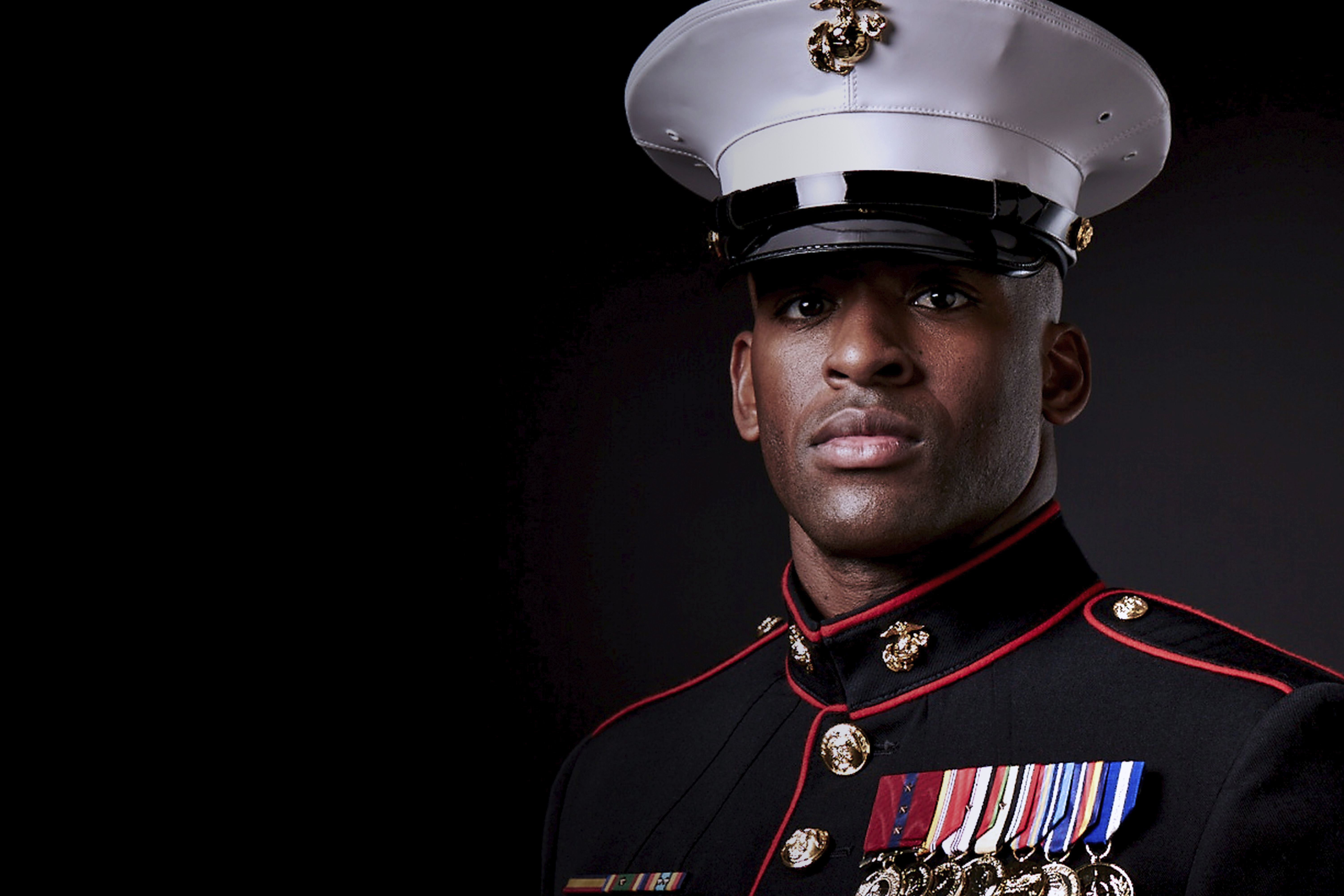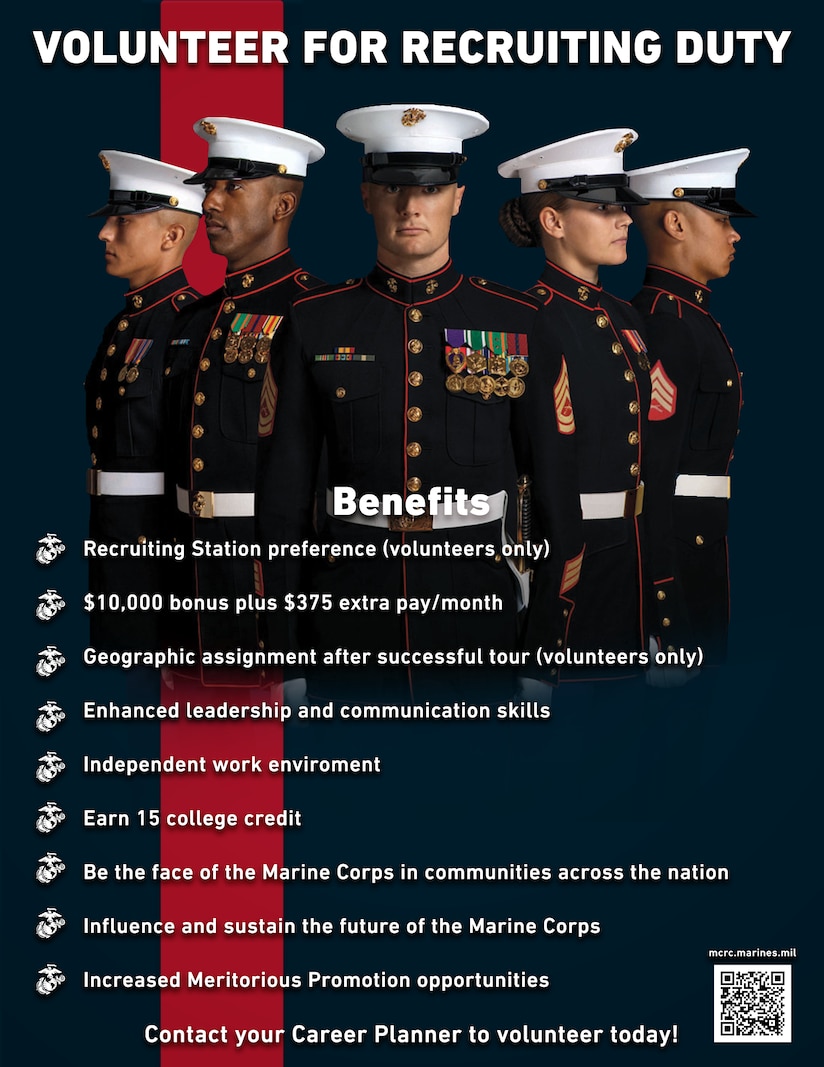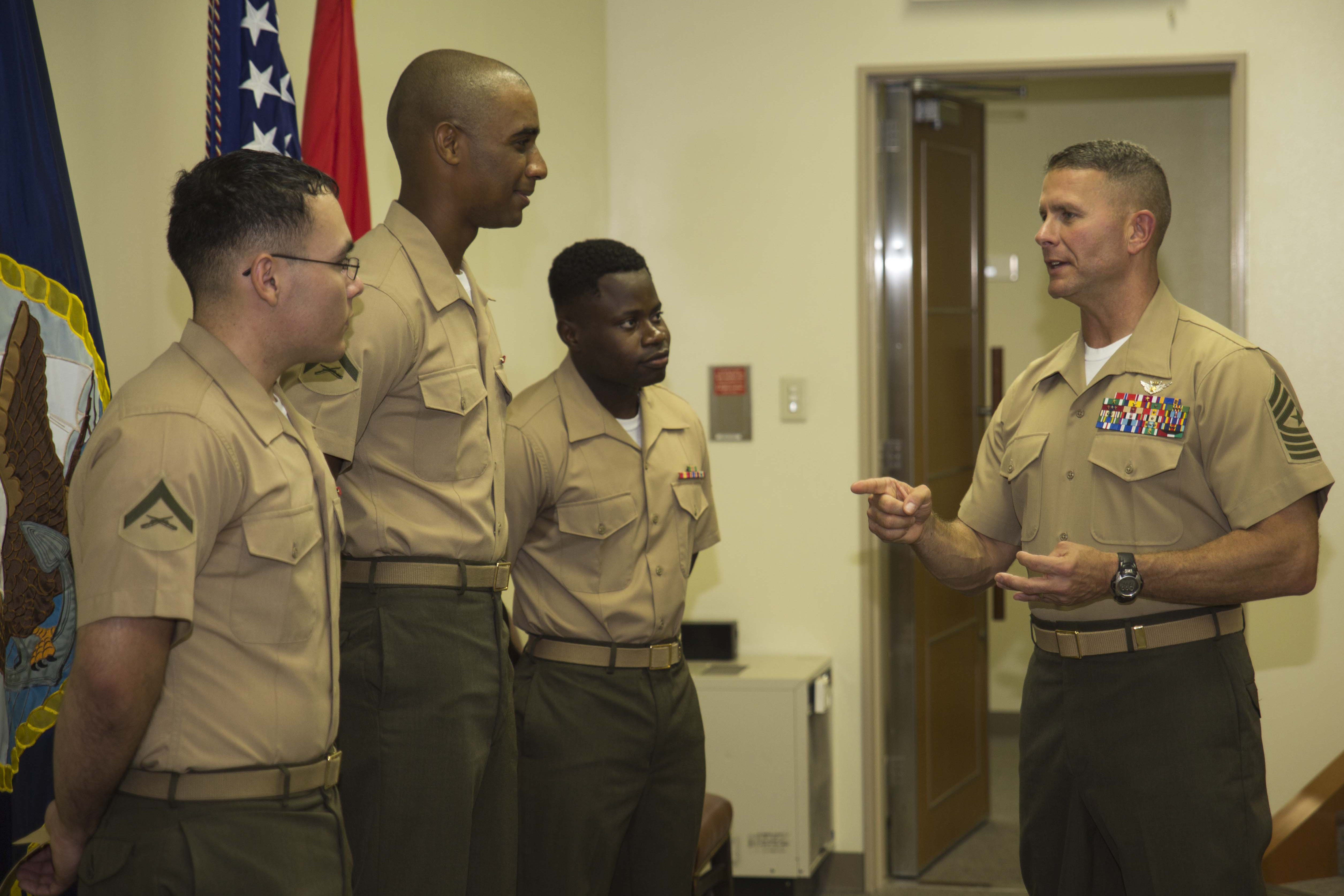Is It Worth Being A Marine
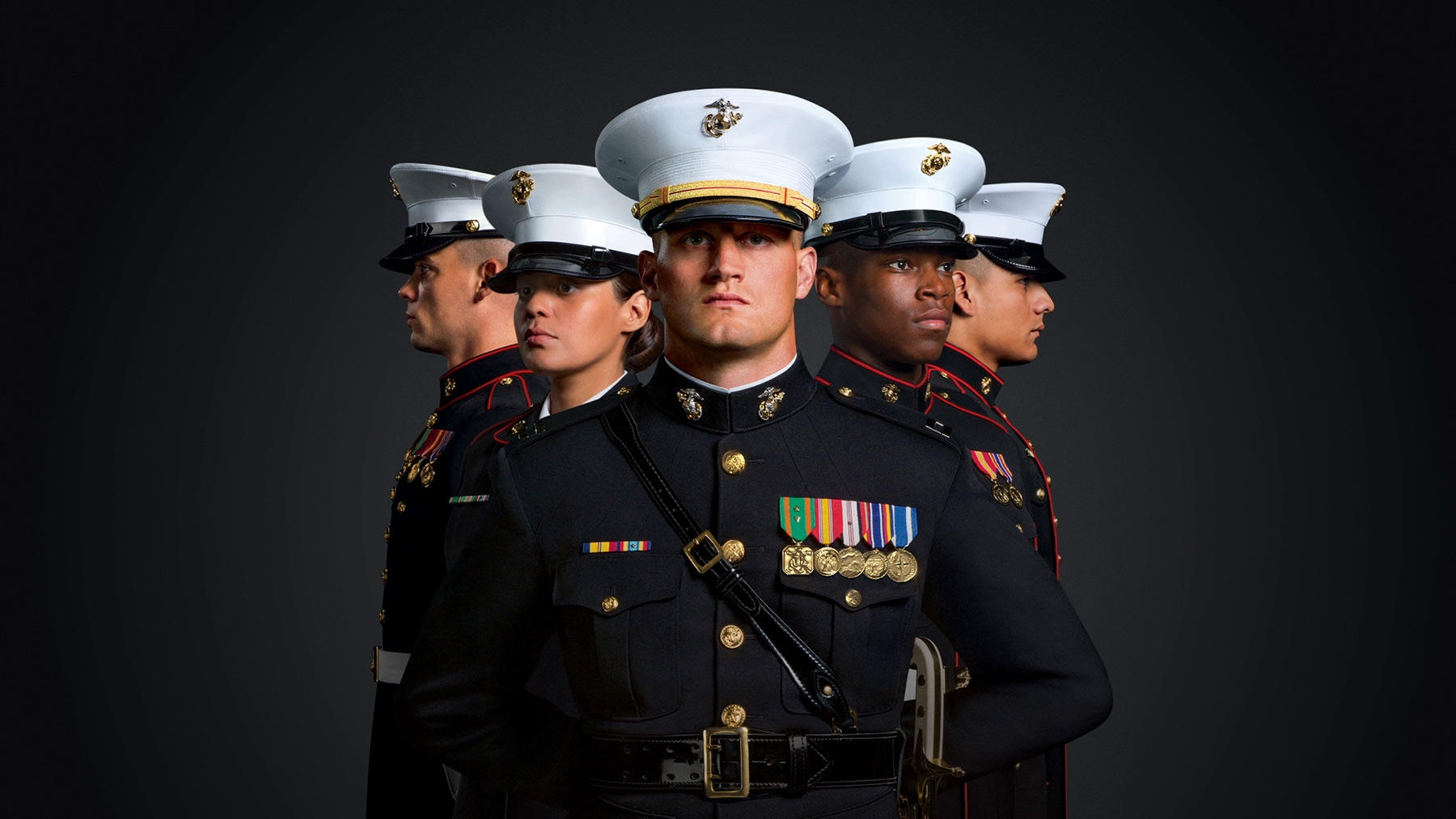
The weight of service, sacrifice, and the profound question of purpose hang heavy in the air when considering a career in the United States Marine Corps. Images of unwavering discipline, grueling training, and battlefield valor are juxtaposed against realities of potential physical and mental trauma, lengthy deployments, and the challenge of reintegrating into civilian life. Is the enduring allure of becoming a Marine truly worth the personal cost?
This article delves into the complex realities of Marine Corps service, examining the benefits, sacrifices, and long-term implications of choosing this demanding path. We will explore the perspectives of active-duty Marines, veterans, and experts to provide a balanced understanding of the multifaceted question: is it worth being a Marine?
The Allure: Duty, Honor, and Camaraderie
For many, the decision to become a Marine stems from a deep-seated desire to serve their country and defend its ideals.
The Corps' emphasis on honor, courage, and commitment resonates with individuals seeking a sense of purpose and belonging.
The promise of rigorous training and the opportunity to forge unbreakable bonds with fellow Marines creates a powerful draw.
Boot Camp: Forging Marines
Marine Corps boot camp is legendary for its intensity, designed to strip away individuality and mold recruits into cohesive fighting units.
Physical and mental endurance are tested to their limits, fostering resilience and a deep understanding of teamwork.
According to the Marine Corps Recruiting Command, the attrition rate during boot camp fluctuates, but it consistently highlights the challenging nature of the transformation process.
The Brotherhood: Lifelong Bonds
The shared experiences of training and deployment forge an intense camaraderie among Marines.
This brotherhood extends beyond active duty, providing a support network that can last a lifetime.
Many veterans cite this sense of belonging as one of the most rewarding aspects of their service.
The Sacrifice: Risks and Realities
The commitment to the Marine Corps demands significant sacrifices, both personal and professional.
Deployments to combat zones expose Marines to physical danger, and even those who don't see combat face the challenges of separation from family and friends.
The potential for long-term physical and mental health issues is a significant consideration.
Combat Exposure: The Price of War
Marines are often deployed to the front lines, facing the highest risk of combat exposure.
The psychological toll of witnessing violence and experiencing trauma can lead to Post-Traumatic Stress Disorder (PTSD), anxiety, and depression.
Studies from the Department of Veterans Affairs show that Marines are disproportionately affected by PTSD compared to other branches of the military.
Physical Demands: Lasting Impact
The physically demanding nature of Marine Corps service can result in injuries that persist long after leaving the Corps.
Knee problems, back pain, and hearing loss are common ailments among veterans.
The Wounded Warrior Regiment provides support and resources for Marines recovering from injuries, emphasizing the commitment to caring for those who have served.
Transition Challenges: Civilian Life
Reintegrating into civilian life can be a difficult transition for many Marines.
Finding employment, adjusting to a less structured environment, and reconnecting with family and friends can present significant challenges.
"The transition was hard. I missed the structure, the purpose, and the guys I served with." - Marine Veteran
The Benefits: Opportunities and Growth
Despite the sacrifices, serving in the Marine Corps offers unique opportunities for personal and professional growth.
The skills and discipline gained in the Corps are highly valued by employers, and educational benefits can open doors to higher education.
The sense of accomplishment and pride that comes from serving one's country is a powerful motivator.
Leadership Skills: Invaluable Experience
The Marine Corps emphasizes leadership development at all levels, providing Marines with opportunities to lead and mentor others.
These skills are transferable to a wide range of civilian careers, making Marine veterans attractive candidates for management and leadership positions.
Many companies actively recruit veterans, recognizing the value of their experience and training.
Educational Opportunities: GI Bill and Beyond
The GI Bill provides financial assistance for education and training, allowing veterans to pursue college degrees or vocational certifications.
This benefit can be life-changing, opening doors to new career paths and economic opportunities.
The Marine Corps also offers tuition assistance programs while on active duty, encouraging Marines to pursue their educational goals.
Personal Growth: Resilience and Discipline
The challenges of Marine Corps service foster resilience, discipline, and a strong work ethic.
These qualities are valuable assets in all aspects of life, helping veterans overcome obstacles and achieve their goals.
The sense of accomplishment that comes from overcoming adversity can be a powerful source of motivation.
The Verdict: A Personal Choice
Ultimately, the decision of whether or not to become a Marine is a deeply personal one.
There is no easy answer, and the choice should be based on a careful assessment of the risks, benefits, and one's own values and aspirations.
For some, the call to serve is undeniable, while others may find that the sacrifices outweigh the rewards.
Speaking with current Marines and veterans, researching the realities of military service, and carefully considering one's own capabilities and limitations are crucial steps in making an informed decision.
The Marine Corps offers a unique and challenging path, but it is not for everyone. The choice to serve should be made with a full understanding of what it truly entails.
The question "Is it worth being a Marine?" can only be answered by each individual, based on their own personal journey and aspirations.
